
Home
Publications
Publications
Showing 0 to 0 of 0 results
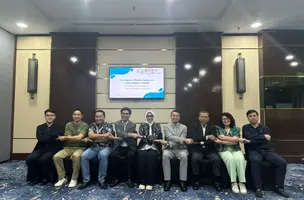
Statements
2025-07-08T12:00:03
ASEAN Parliamentarians Commit to Address Human Rights Violations through Joint Action on Transboundary Plastic Pollution
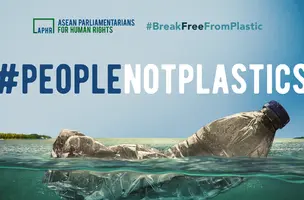
2025-07-03T20:39:37
#PeopleNotPlastics—Plastic Pollution is a Human Rights Issue
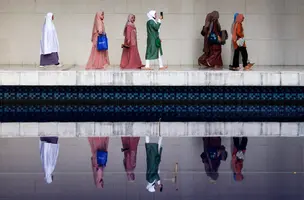
Statements
2025-06-24T12:28:51
Sisters in Islam Case a Turning Point for Civil Liberties, Declares Southeast Asian Policymakers

Events
2025-05-26T10:31:40
Bridging Parliament and People: APHR at the ASEANPeoples2025@ASEAN2025
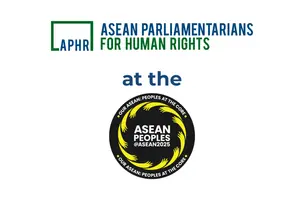
Events
2025-05-22T16:02:20
APHR at the ASEANPEOPLES@ASEAN2025 forum in Kuala Lumpur
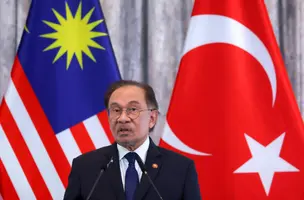
Statements
2025-04-16T21:47:09
APHR Alarmed by ASEAN Chair’s Meeting with Myanmar Junta Chief
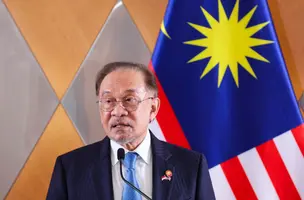
Statements
2025-04-14T12:36:25
APHR Urges ASEAN Chair and Malaysian Prime Minister to Champion Inclusive Peace in Myanmar During Meeting with President Xi
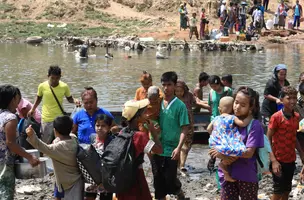
Open Letters
2025-04-14T12:30:30
Open Letter from ASEAN Parliamentarians for Human Rights (APHR) on Advancing the Peace Process in Myanmar
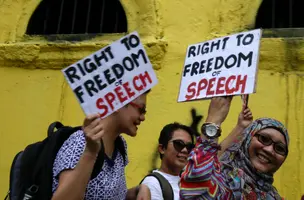
Statements
2025-03-03T16:08:53
APHR Denounces Arrest of Malaysiakini Journalist; Demands Press Freedom
TOP
ASEAN Parliamentarians for Human Rights (APHR) was founded in June 2013 with the objective of promoting democracy and human rights across Southeast Asia. Our founding members include many of the region's most progressive Members of Parliament (MPs), with a proven track record of human rights advocacy work.
Copyright © 2024-2025 All Rights Reserved - ASEAN Parliamentarians for Human Rights (APHR)
Website by Bordermedia